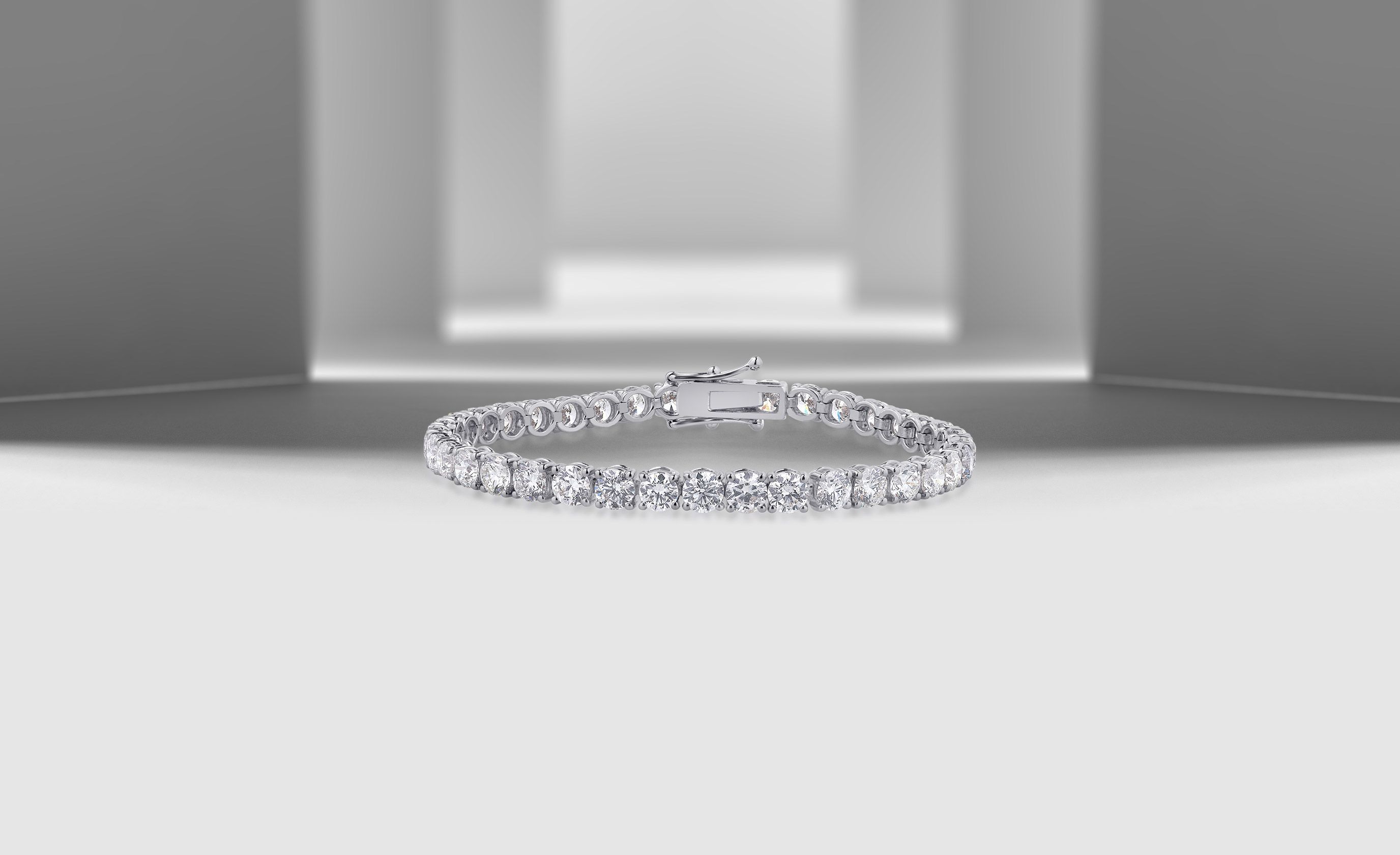

High Jewellery Tennis Bracelets
A piece of jewellery that made history in 1978, now with a contemporary design: a tennis bracelet with diamonds and precious stones has a spot in every women’s jewellery collection.
Displaying
266 Items

A piece of jewellery that made history in 1978, now with a contemporary design: a tennis bracelet with diamonds and precious stones has a spot in every women’s jewellery collection.